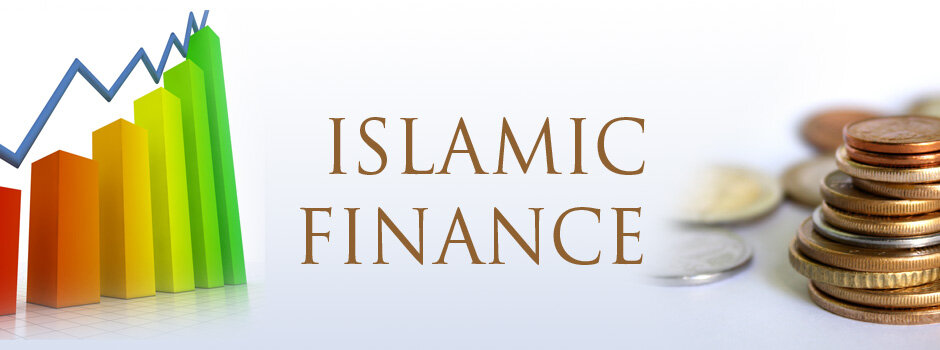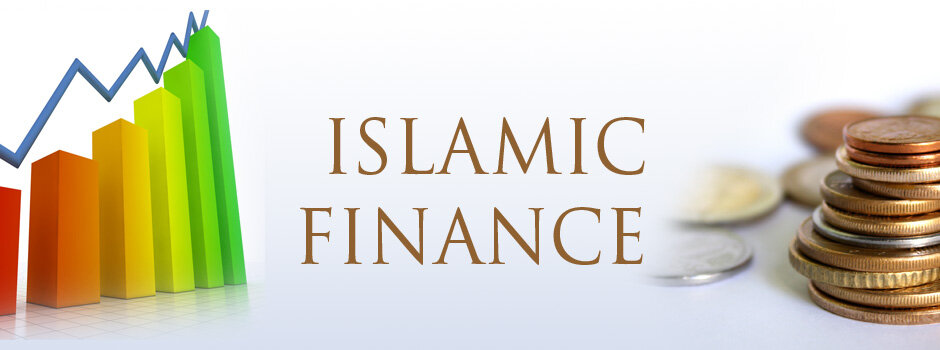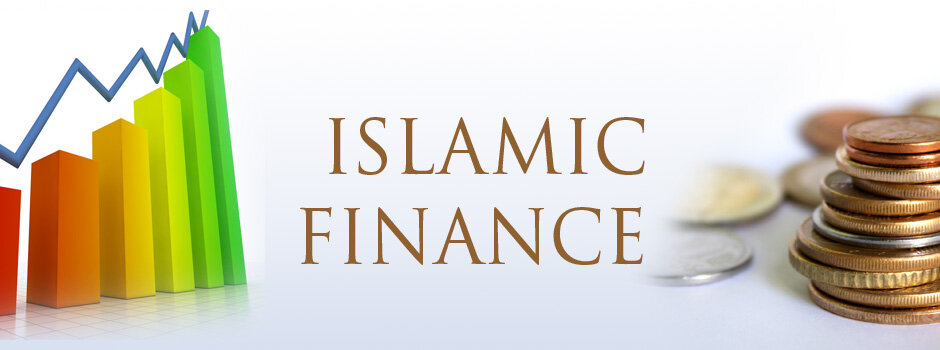Islam encourages Muslims to give charity to support and alleviate the conditions of those in need. Sadaqah comes from the Arabic word "Siddiq" meaning sincerity. Sadaqah encompasses all acts of kindness that reflect sincerity. All righteous actions in Islam can be considered a form of Sadaqah as they reflect sincerity in the heart of the doer. Sadaqah is voluntary acts of kindness or virtuous deeds towards others without expecting any material gain in return. Sadaqah has a broad definition, and many good deeds performed for others, when done with the intention of seeking Allah's reward, can be considered Sadaqah. This can include not only money but also food, clothing, and even kind words, a smile, or removing obstacles from someone's path.
In a socio-economic context, Sadaqah is understood as voluntary charity that can be interpreted as voluntarily dedicating resources to charity for the sake of Allah. In turn, Allah promises to reward the person for their voluntary donations, both in this life and the hereafter.
The Sadaqah system is one of the ways to distribute wealth in society, with the aim of helping those in need and reducing wealth inequality.
Key differences between Zakat and Sadaqah:
- Obligatory vs. Voluntary: Zakat is obligatory, whereas Sadaqah is voluntary.
- Frequency: Zakat is paid annually based on the lunar calendar, while Sadaqah can be given at any time without time constraints.
- Specific Assets: Zakat is paid from specific assets, whereas Sadaqah is not limited to particular assets and can include various types of donations.
- Deduction of Debts: Zakat allows the deduction of debts when calculating, while debts are not considered in Sadaqah.
- Administration: In early Islamic generations, Zakat was managed and collected by the state, while Sadaqah has always remained a private and voluntary initiative.
- Compulsory Nature: In the early generations of Islam, Zakat could be forcibly collected by the state, and its non-payment was considered a legal offense, whereas Sadaqah remains entirely voluntary and is not subject to compulsory collection.
- Consequences: Refusal to pay Zakat is considered a grave sin in Islam and may have moral and legal consequences, while failing to give Sadaqah is not regarded as a sin.
- Beneficiaries: Zakat has a defined list of eligible recipients, whereas Sadaqah can be given to anyone in need without restrictions.
- Thresholds: Zakat has a threshold, known as Nisab, which determines the minimum amount from which Zakat becomes obligatory, while Sadaqah has no such thresholds.
- Geographical Guidance: Zakat has specific guidance on geographical distribution, while Sadaqah has no such limitations.
- Categories of Recipients: Zakat has specific categories of beneficiaries to whom Zakat may be distributed, while Sadaqah has no strict defined categories of recipients.
- Monetary vs. Non-Monetary Resources: Zakat always has a monetary value as it is a financial obligation, whereas Sadaqah can include non-monetary donations such as goods or services.










